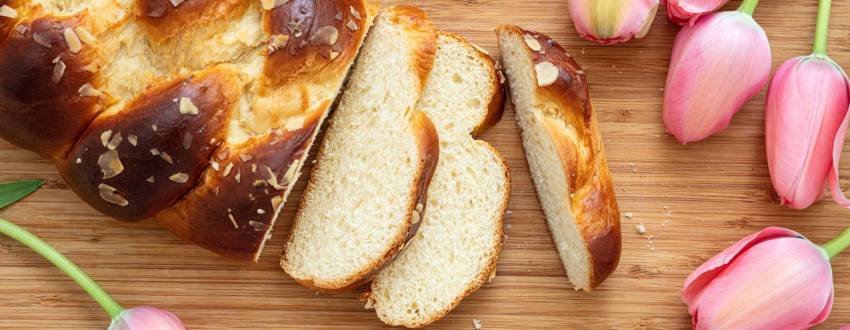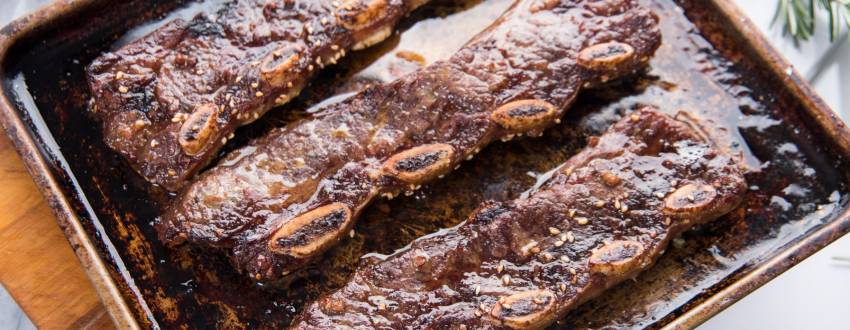The Rambam teaches us (Hilchos Shabbos, Chapter 30) that one of the mitzvos that apply on Shabbos is that of kevod Shabbos — showing respect and honor to Shabbos. This requirement is derived from the pasuk (Yeshayah 58:13), “the holy [day] of Hashem shall be honored.” Giving respect to Shabbos means dressing differently, wearing fine, clean clothing, conducting ourselves differently, and, generally, making it obvious that this day is special and unique.
Rabbi Shlomo Wolbe noted that wherever we find kedushah (holiness), we find as well the concept of kavod (honor). For example, the pasuk (Yeshayah 6:3) describes Hashem as holy — kadosh, kadosh, kadosh, Hashem Tzvakos; and then concludes melo kol ha’aretz kevodo — “the world is filled with His honor.” Similarly, Kohanim are endowed with a special status of holiness, and there is an obligation for the rest of the nation to accord them respect. Shabbos, too, is kiddush Hashem, G-d’s sacred day, and it must therefore be mechabed, treated with honor and respect.

Furthermore, the more respect we have for something sacred, the more we will be able to reap the benefits of that kedushah. Two people can both observe Shabbos, but one will reap far more benefits from its sanctity than the other, because he showed greater respect to the day.
There are two sources for this concept. The first is the Gemara’s comment (Berachos 62b), “Whoever dishonors garments will ultimately be unable to benefit from them.” The Gemara draws proof from the story of King David, who cut the corner of Shaul’s garment (Shaul was pursuing David to kill him, and David at one point crept up behind him and cut the corner of his garment), and toward the end of his life, David suffered from an inability to be warmed by his clothing. Because he did not show proper respect to clothing, his ability to derive benefit from it was compromised.
The second source is the Gemara’s comment (Bava Metzia 59a), “A person must always be careful to respect his wife, for blessing is found in the house only because of one’s wife.” The source of berachah in the home is the wife, as the Gemara infers from the Torah’s description (Bereishis 12:16) of Avraham’s acquiring wealth in Egypt, as Pharaoh treated him well for her sake — for the sake of his wife, Sara. The Gemara (Bava Metzia 52a) proceeds to cite Rava’s comment to the people of his town: “Show honor to your wives in order that you will be wealthy.” One might have thought that the wife is like a segulah or some sort of amulet that magically provides blessing. But the truth is that one will enjoy the blessings offered by the wife, the source of berachah, only if he shows her honor and respect.

Shabbos is the holiest day, the source of all berachah and all goodness, but in order to reap its benefits we must show it respect in the way we dress, in the way we speak, and by refraining from mundane activities on this day (an especially important message during the summer months). Let us keep in mind throughout Shabbos not just how holy it is, but also the importance of treating it properly so we can reap the invaluable benefits it offers us.
——————————————————–
Reproduced from Living Shabbos by Rabbi David Sutton
ArtScroll / Mesorah Publications Ltd. Reprinted with permission.






Reviews